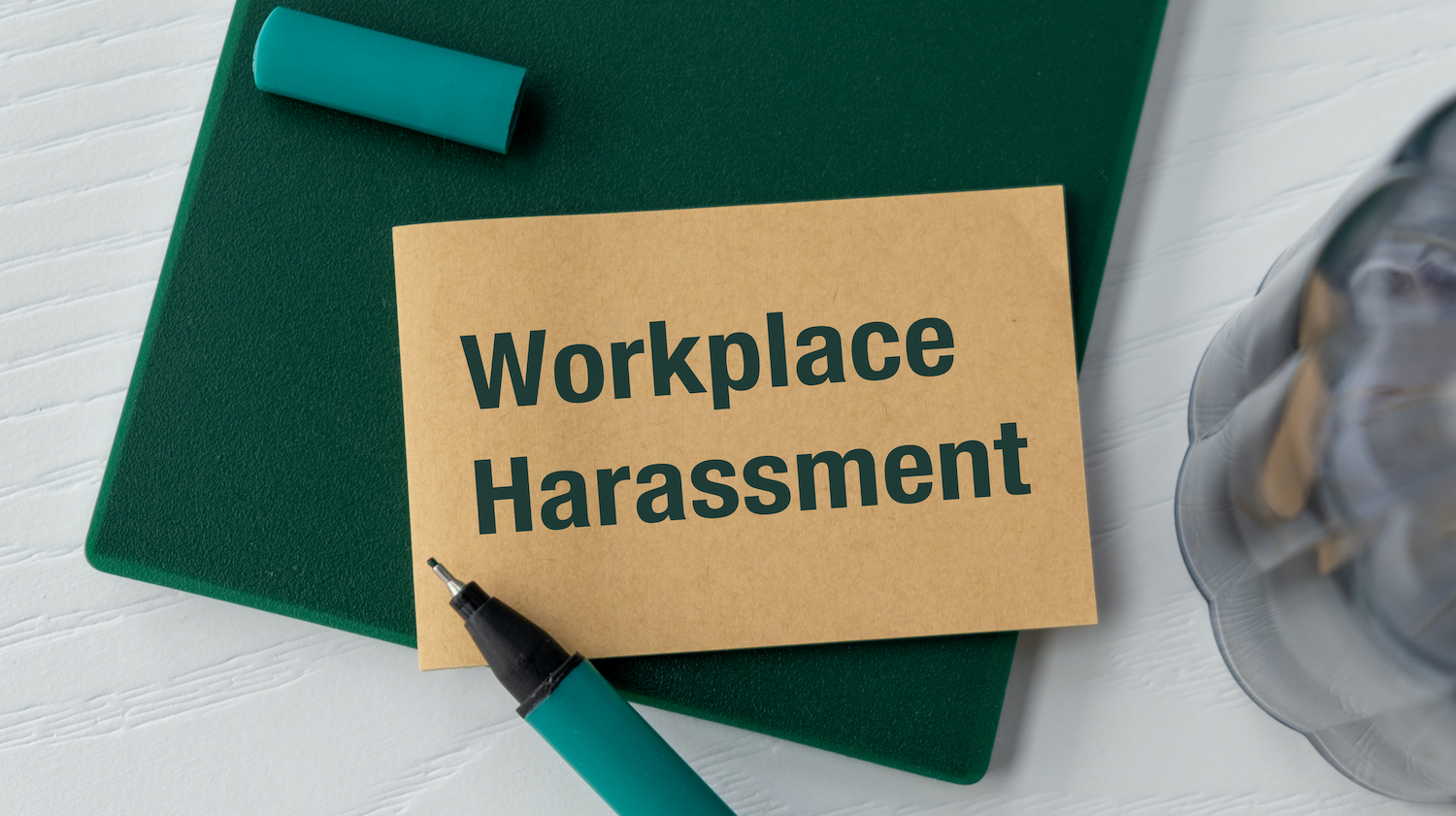
Will new migrant worker rules exacerbate construction’s woes?
Construction firms relying on overseas talent are facing fresh uncertainty following the government’s recently announced proposals aimed at reducing net migration
The Home Secretary’s recently unveiled five-point plan, aimed at reducing net migration figures, notably includes an increase to the minimum salary threshold for skilled worker visas from £26,200 to £38,700.
This near 50% increase means that unless any exceptions apply, foreign workers in the construction sector will need to earn at least £38,700 to qualify in this route.
The skilled worker visa is the primary option available to employers and allows companies to sponsor individuals to work in the UK, with the possibility of obtaining permanent residence after five years.
The more restrictive rules could remove the possibility of using the sponsorship system to fill key roles within the construction sector.
This will be a concern for businesses, given the significant demand for labour, and could add to already existing shortages.
Shortage Occupation List review
Another key proposal is related to the Shortage Occupation List (SOL). The SOL has been widely reported on in recent months, particularly in relation to the construction sector since the Migration Advisory Committee (MAC) review of shortages in the industry.
Following the MAC’s recommendations, the government added a number of construction jobs to the SOL this summer, which meant skilled workers could benefit from a lower salary threshold and visa application fee.
However, the SOL is now set to be rebranded as an Immigration Salary List, with most occupations currently on the list to be removed.
Those that remain – which, based on the very recent conclusions by the MAC, may well include those in the construction sector – will still benefit from a discounted salary threshold (though the details have not yet been announced).
There is hope, therefore, that the new Immigration Salary List may present a valuable exception to the raised salary threshold for the industry.
It is highly likely the government will commission the MAC in the coming months to collate business feedback.
As the government usually implements recommendations from the MAC, the construction sector should be encouraged to build on its recent success in swaying immigration policy with the addition of several construction roles to the SOL earlier in the year
Industry feedback
Construction firms should gather necessary evidence outlining the need for sponsorship within the industry and the need for a lower salary threshold to provide meaningful commentary to the MAC.
As the government usually implements recommendations from the MAC, the construction sector should be encouraged to build on its recent success in swaying immigration policy with the addition of several construction roles to the SOL earlier in the year.
For now, businesses that rely on overseas talent should assess which job profiles may be affected by the increased salary threshold.
From there, a view can be taken as to whether moves can be brought forward, as applications submitted before the rule change (set for spring 2024) will be subject to the current, more favourable rules.
Evolving picture
If not, there are still a number of uncertainties around exemptions – which roles will be included on the new Immigration Salary List and what the lower salary threshold will be.
It therefore remains to be seen whether construction roles will be differentiated.
While it is clear the government’s aim is to cut the net migration figure, there are reasons to be optimistic about its ability to adapt and to deliver on business needs.
In the days after unveiling the “five-point plan”, the government also announced some liberalisations of the rules for business visitors and quite extensively widened the Youth Mobility Scheme.
Of course, these routes won’t always be suitable, but employers should certainly be familiar with the full range of options available to them outside of sponsorship and take advantage of such expansions where possible.
Kirsty Moore is a manager at Fragomen.
Comments
Comments are closed.








I’ll suggest that what really damages the construction industry is the continued ‘othering’ of its workforce.
Its workers should come from all segments of society and not focus on just parts of it.
Over the years we’ve had initiatives such as suggesting that it is ex-prisoners that will save the industry; then it is women; now it is immigrants or overseas workers But in reality it is a workforce from across society that the industry requires and that will save it.
It is ‘othering’ in anything that puts some people off; thinking ‘it is not for me, as I am not one of them’.
.